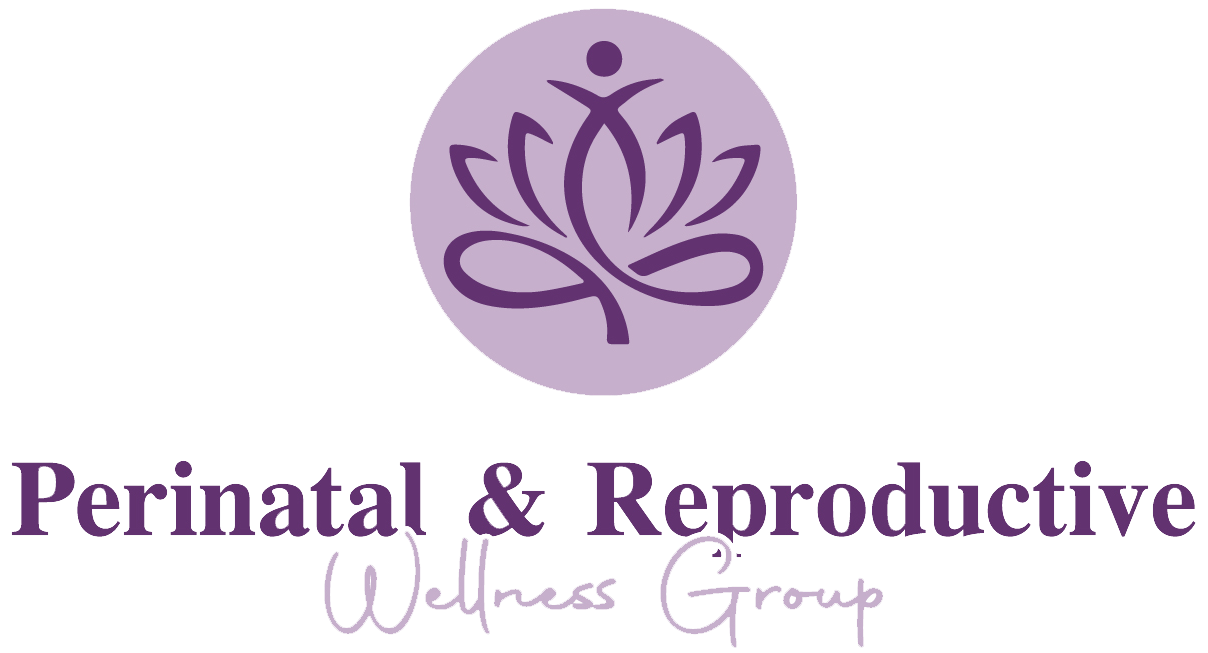Rebirth
Spring is on the way. Buds are appearing and growing fuller. Ephemerals are poking through the leaf litter. Birds are returning from their winter migration.
Where you live in the country will dictate the speed of this environmental renewal – which, this year, feels even more jumbled than ever with record highs and lows, snow in unexpected places and unused sleds in places that are known as winter wonderlands.
But regardless of whether your area is deep into springtime renewal or holding fast to the remnants of winter, you get to choose how to pace your internal renewal. You might still be in the process of restoring yourself from the holiday season (and, on top of that, working to catch your balance from the past three years of global pandemic). You might also be speeding head first into spring break, summer vacation plans, and everything else that the future demands of you.
This is my invitation to you to be deliberate. Allow yourself to recalibrate. It’s okay to tackle one little piece at a time: take a moment to breathe in the transition between winter and spring, enjoy that brief moment before everything whirs back to life and we can see a bit further, hear a bit more clearly.
Then pick that one area of your life where you want to focus your energy, and dig there.
For individuals
In response to the sensory overload that can come with increasingly crowded schedules, conflicting roles and obligations, internal and external obligations, I want to suggest a mindfulness practice that’s growing in popularity but still not widely known: floating.
Also known as sensory deprivation, floating involves spending time (usually 60-90 minutes) inside a pod (about the size of a full-sized bed) filled with body-temperature water mixed with a ton of epsolm salts. As your body is buoyed by the water, you settle into darkness and allow yourself to experience the feeling of total weightlessness. It’s really quite extraordinary. People describe all sorts of reactions to floating — it can be a chance to meditate, to drift off to sleep, or even just to feel your body in a new way. Afterwards, you may feel deeply relaxed or energized. Your senses may be heightened, internally or externally.
I highly recommend the experience. It might take a little getting used to — the first few sessions can be more about orienting and exploring, while if you do it a few times, you’ll get even deeper benefits of cutting off the outside world for just a few minutes.
Floatation studios are popping up all across the country: here’s the story of one person’s first floating experience, along with an interview of a studio owner.
For couples
Take the invitation to be deliberate, and explore it in the context of your relationship. What one aspect do you want to renew? Passion and romance? Communication? Rituals for connection?
Make it simple, and habit stack if needed: it could be as simple as adding an exchange of gratitude alongside your morning coffee.
(Or, if you try floating and enjoy it, invite your partner to try it too!)
